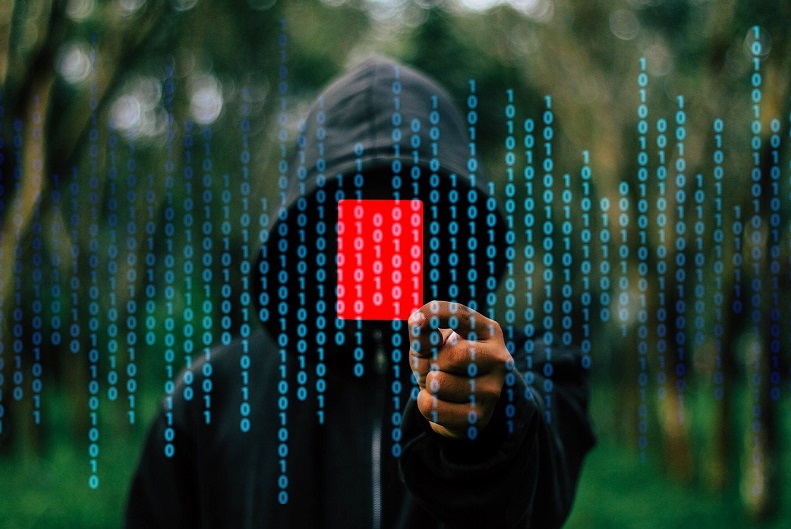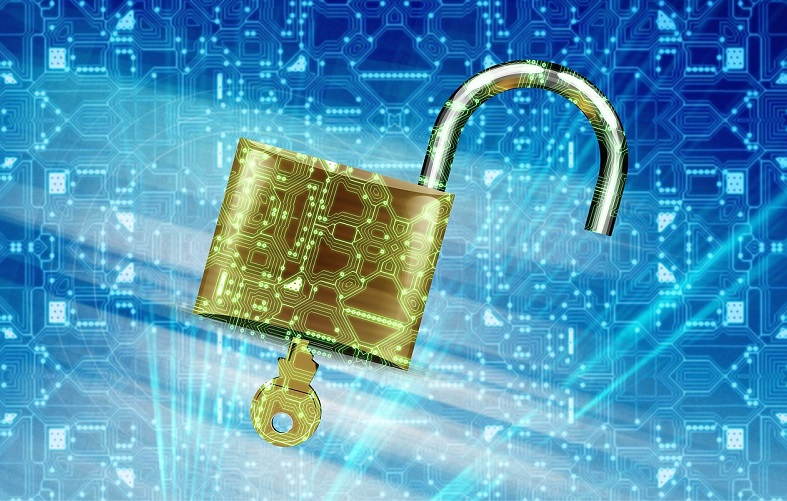In this day and age, it is difficult to not have some type of computer that you use at least once a day. If it’s not a personal windows Machine, then it may be a Mac. If not that, then your phone. There are people who use their phones for everything other than a phone.
With this being the case, hacking is becoming more of a hazard every day for any type of computer you use. As a matter of fact, it is estimated that there are at least 2,244 web hacks happening every day. That is every 39 seconds!! And with 43% of cyber attacks targeting small businesses, there is no wonder that cybersecurity is becoming such a huge industry.

On a related note, the FBI has stated that there has been a 300% increase in cybercrimes since networks are so much more vulnerable with the massive and growing number of people working from home with the Covid issues the world is having to deal with presently.
The issue is not just data exposed to hackers whatever nefarious reason they have planned, but the cost of finding the hacker’s entrance and patching it. Plus the reputation of the company that lost said data can be ruined, as well.
6 Ways to Make Your Business Computer More Secure
So with the new amount of computers telecommuting these days, a tutorial is required to help educate and/or remind remote workers how to handle themselves while hooked into their employers’ network.
1. What To Do
First of all, if you don’t have a dedicated and current IT Director at your business full time, you may have an issue right there. Hackers are smart people who learn, or more like invent, new ways to hack all the time all around the world.
Consider using tech support from a firm who keeps their fingers on the pulse of the latest and worst hacking threats on the net. This is to ensure you have professional and expert assistance when dealing with this matter.
2. Your Network
Make sure your networks are secure by being totally wired if you can. If not, then make sure that your network’s wireless SSID is not being broadcast so someone can’t just drive by your house or business, see your always-on network and see how unsecure it is. If they can get in easily (remember how smart they are), they can steal passwords, bank information, and files before you even think about it.
So cancel your broadcast and secure your network today. Plus, if you use your computer for telecommuting, they could see your login information for your work network as well and cause havoc on that network as well.
3. Antivirus
Get more than just antivirus software. Make sure you have software against spyware and malware as well for an added layer of protection from someone trying to install malicious code through emails.
4. Automatic Updates
Make sure your automatic updates are on for your operating system to install the newest security updates as soon as they are available. This goes for your anti-virus, malware, and spyware tools, as well. Software for data encryption can also be a valuable data-saving tool. If you use your internet browser for work, make sure its settings are set for the utmost security as well.
5. Passwords
You would think this would be a no-brainer, but make sure that your password is a strong one. Use a combination of letters (upper and lowercase), numbers, and special characters. It is recommended to hide in a secure place if you can’t memorize it and change this password regularly. It is a burden, but security comes at a cost.
6. User Training
Finally, computer user education is imperative. Having a formal company internet policy to inform them of the do’s and don’ts of using the company network is recommended.
7. Server Settings
The password pointers are important enough to be mentioned again and you can always enforce this through your computer network security configuration. Also, internet filters to keep users away from questionable sites is possible as well as an automatic logoff after so many minutes of inactivity can also be implemented on your server and network. Sharing personal information in emails should also be discouraged when a telephone call or a face to face can be arranged.

Starting to make these tasks a habit, not hassles that aren’t important Then it is too late. Then you have nothing left to save and lots of frustrating work to try to get everything all fixed. There are plenty of people out there who would love to tell you that they wished they used more computer security. Take the time to do it right.



















